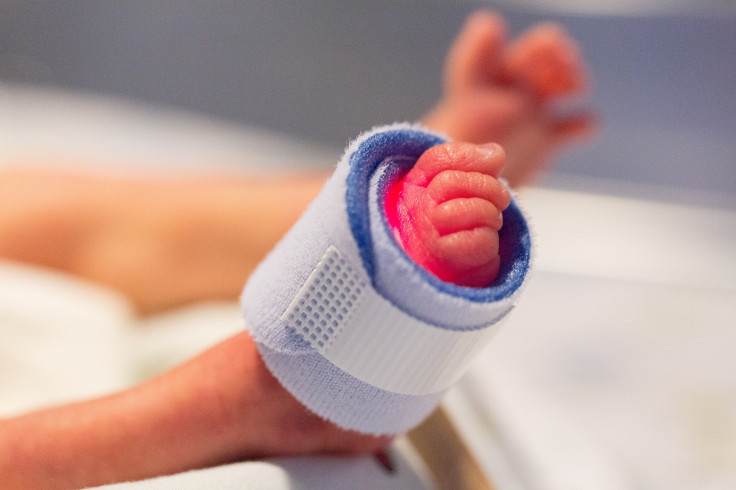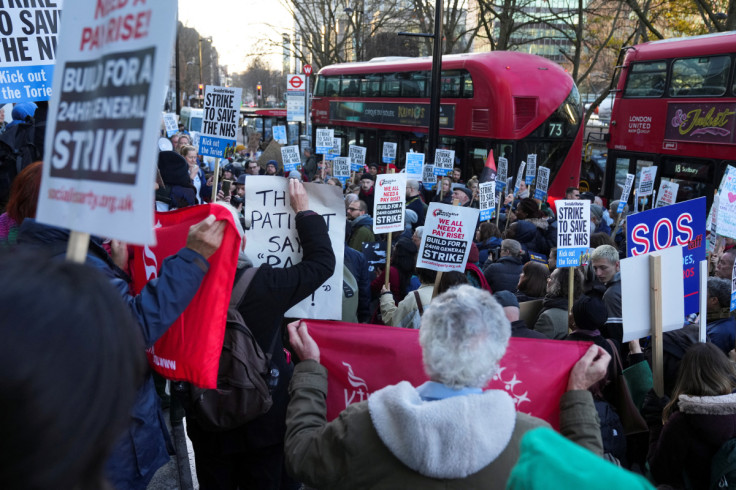Hospital Cancels Baby's Operation After Giving Her Anesthetic: 'Didn't Have Enough Doctors'

KEY POINTS
- A U.K. hospital could not continue a baby's operation since it did not have enough doctors
- The 7-month-old had already been given general anesthesia at the time
- She later went through several procedures in different hospitals and is still recovering
A hospital in the United Kingdom was unable to proceed with a baby's operation even though the child had already been given an anesthetic because there was a shortage of doctors, the girl's mother claimed.
Zsuzsanna Tandy's daughter, Isabella, was brought to the English city of Birmingham early last month for an operation, Sky News reported.
The 7-month-old child was born with a rare condition that affects her colon.
She had general anesthesia at the hospital, but Tandy was told her daughter's surgery could not go ahead that day.
"I, as a mom, was stressed out, running back, why they cannot proceed and then finding out they didn't have enough doctors in the house," Tandy said.
Isabella ended up returning for the surgery the following week. She fell ill again earlier this month and was taken to the family's local emergency room in Dudley.
After waiting some time, Tandy took her daughter to Birmingham Children's Hospital.
The child had another procedure there, and she is still recovering.
Tandy described the staff as "absolutely brilliant."
However, the mother's experience left her concerned about the escalation of an ongoing strike movement among personnel of the British healthcare system, the National Health Service (NHS).
More than half a million workers in the U.K. went on strike on the first day of February, the largest such walkout in more than a decade.
Medical personnel is still calling for higher wages as the cost of living in Europe continues to rise.
While hospital bosses have urged ministers to re-open pay talks with staff, ministers have ruled out re-opening this year's average pay award of 4.75%, the BBC reported.
British inflation for consumer goods and services reached a 41-year high of 11.1% last October, government-provided data showed.
The rate has been going down since then, but the cost of living crisis has not eased, according to the Institute of Chartered Accountants in England and Wales.
"I don't blame the nurses, doctors, they do their job, and they're brilliant, but they're under stress... If more staff go on strike, I don't know how that's going to work," Tandy said.
"The government should really engage in every kind of talks because there are too many strikes," she added.

© Copyright IBTimes 2024. All rights reserved.





















